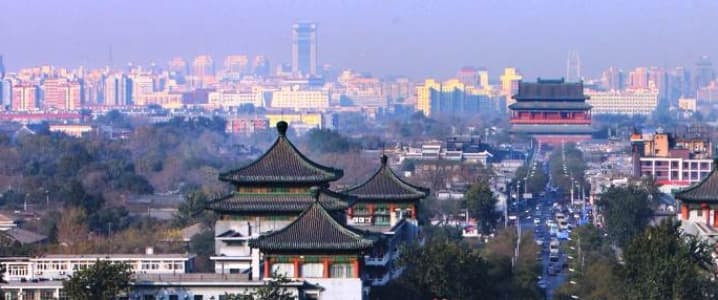Saudi Arabia is getting ready to list 5 percent of its crown jewel—state oil firm Aramco—in what could be the biggest IPO ever. The Saudis claim that the whole company is worth US$2 trillion, while most external analysts think the fair valuation is at least US$500 billion lower than that estimate.
If the Saudis continue to pursue their target valuation, they may have to turn to major Chinese investors such as sovereign wealth funds and major state companies, who have deeper pockets than major institutional investors in the West.
This could give China a stake in the lowest-cost oil producer and major exporter of the commodity that Beijing will continue to use in growing volumes in the foreseeable future.
Saudi Arabia, for its part, would then have a much closer economic and energy relationship with one of its primary Asian markets, which it lost its no.1 top supplier spot to Russia.
The closer ties between Saudi Arabia and China could ultimately lead to Riyadh giving preference to Beijing as its top global strategic ally, at the expense of the U.S., Asian affairs expert Tom Holland writes in an article in South China Morning Post.
In March this year, Saudi King Salman visited China and signed US$65 billion worth of potential deals including deals in oil supply and petrochemicals. Related: Is This Country About To Revive Biofuels?
“We would like to further strengthen our oil supply relationship and multiply our investments in China, particularly in the downstream,” Saudi Aramco chief executive Amin Nasser said in March.
According to Wang Yupu, chairman of China’s Sinopec, the Saudis invited the Chinese firm to consider a possible investment in Aramco’s IPO.
Getting Chinese investment in Aramco could provide the Saudis with the proceeds to fund their ambitious Vision 2030 plan to diversify away from oil.
For China, an Aramco investment could secure one of its biggest oil import sources. It could also increase Beijing’s bargaining power to convince Aramco to accept yuan payments for its oil instead of U.S. dollars, as China is trying to make its currency a global one.
Although there is no indication yet that Aramco would want yuan for its oil, the Saudis said a couple of weeks ago that they would be willing to consider issuing yuan-denominated bonds, in what could be a break from the practice to issue debt only in U.S. dollars.
In terms of oil shipments to the U.S. and China, Saudi exports to the U.S. have been on the decline as the total U.S. imports fall while domestic shale production rises.
In China, domestic crude oil output is dropping while demand is continuously growing, and as such, China is raising its imports. Saudi Aramco has made China a strategic priority and is signing downstream investment deals and crude supply deals with Chinese firms to achieve that goal.
In this way, the Saudis are making sure that China would continue to buy more of their oil, while Beijing is securing part of its crude import needs.
But while Aramco is pursuing closer Chinese ties, it is still holding onto its U.S. ties, signing US$50 billion worth of potential deals with American firms during the first trip of U.S. President Donald Trump to Saudi Arabia.
The U.S.-Saudi strategic alliance survived the 1970s oil embargo and 9/11, and is now bound by a common, and more pronounced, anti-Iran rhetoric under President Trump. Related: Oil Takes Center Stage In Norway’s Election
But if the Saudis seek a closer ally in China, they may find Beijing as a more convenient global strategic partner, because China is more likely to turn a blind eye to Riyadh’s poor human and women’s rights record, Mr. Holland argues in his article.
For the time being, it’s evident that the Saudis and Chinese are expanding their oil and energy relations, and it’s feasible that a Chinese fund or a group of firms and/or funds could buy a sizeable stake in Aramco. Even if Saudis don’t switch loyalties to China, Beijing will have even more clout over the global oil market and stronger energy ties.
By Tsvetana Paraskova for Oilprice.com
More Top Reads From Oilprice.com:
- Harvey’s Long-Term Impact On Oil Markets
- Tesla’s New Frontier: Batteries And Wind
- Can Russia Develop Its Shale Reserves?


















